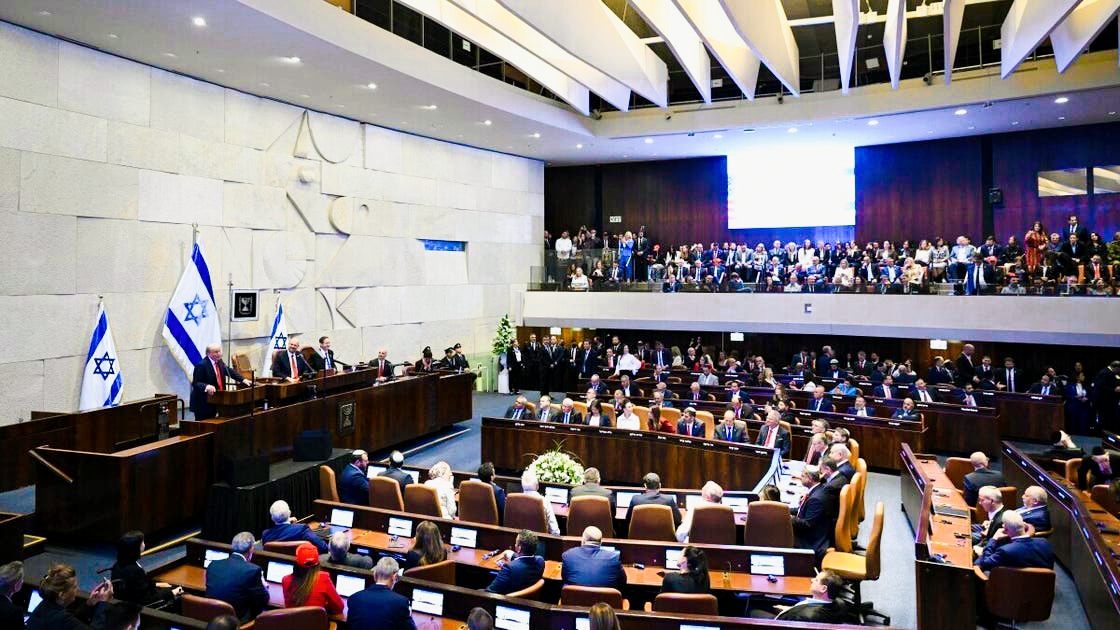Israel's Knesset Advances Controversial Death Penalty Legislation for Terrorism

In a move described as "highly controversial" both within Israel and internationally, the Israeli Knesset approved a bill on Monday night that permits the imposition of the death penalty on individuals identified by the government in Tel Aviv as "terrorists." This marks the first step in a legislative process that requires two additional readings before the bill can become law.
According to the "Times of Israel," the bill has received backing from Prime Minister Benjamin Netanyahu's government, and its passage in the first reading is seen as a significant development.
The legislation allows for the death penalty for those who "kill Israelis for racist reasons with the intent to harm the state of Israel and to revive the Jewish people in their land," as cited from the bill's text.
However, critics have raised concerns that the language of the bill may render it applicable primarily to Arab individuals, arguing that it does not encompass Jewish extremists who perpetrate violence against Palestinians.
The "Associated Press" reported that opponents of the bill claim it "entrenches discrimination and will be politically used against Palestinians in the occupied territories."
Previous attempts to legalize the death penalty for those classified as "terrorists" have failed in recent years.
It is noteworthy that Israel abolished the death penalty for murder in 1954, though it has maintained it for specific cases such as Nazi crimes or treason during wartime.
The last execution in Israel occurred in 1962, when prominent Nazi Adolf Eichmann, a key figure in the Holocaust during World War II, was executed—the only instance of a death sentence carried out by an Israeli civil court.
Observers view the approval of this bill in its first reading as a symbolic victory for the Israeli right amid rising tensions in the Palestinian territories. However, others warn that its final approval could invite a wave of international criticism against Israel and exacerbate divisions within Israeli society.
